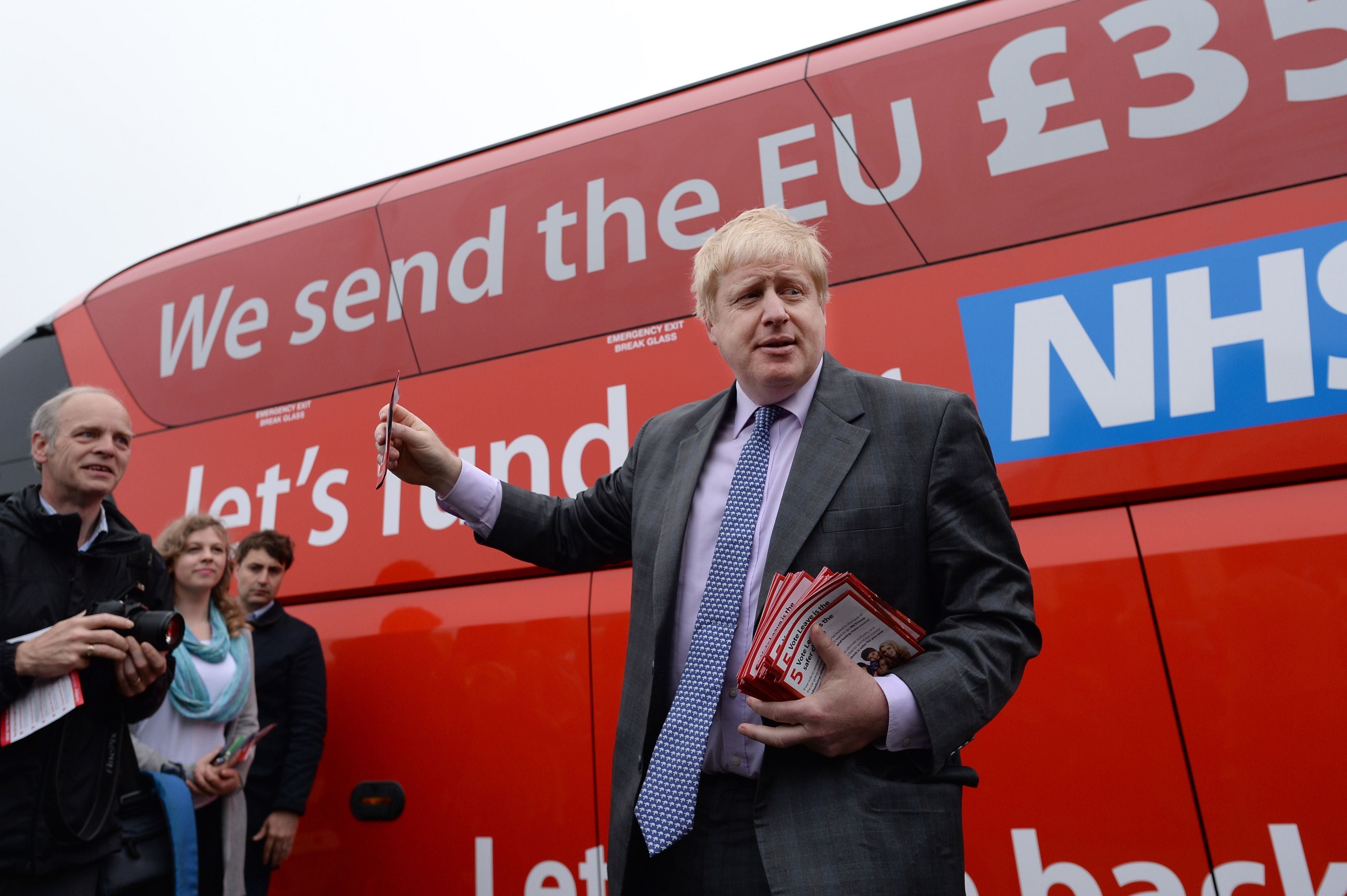ARTICLE AD BOX
Fears have been raised that the sort of election interference with fake stories and narratives on polling day which marred the Brexit referendum is still a threat in the UK.
The warning comes as voters in many parts of England prepare to go to the polls on Thursday to cast their ballots for county council and mayoral elections as well as the parliament by-election in Runcorn and Helsby.
The elections could see Nigel Farage’s Reform propelled from a fringe party to one challenging for power but there are calls for an urgent change in the law to deal with misinformation going online when people go to the polls.

BCS, The Chartered Institute for IT, which represents IT and tech engineers, has said that restrictions on reporting on election days means that mainstream media is unable to counter narratives which could emerge as people go to the polls.
Almost two thirds of tech experts now believe broadcasters and recognised online media platforms should be allowed to rebut misinformation on polling day.
While BCS, The Chartered Institute for IT did not mention Brexit by name the issue came to the surface with the EU referendum.
A parliamentary investigation by the culture, media and sport committee looked at the way how social media bots were able to spread misinformation.
Researchers at City St George’s University of London found that 13,493 accounts tweeted on the two weeks before and after the referendum before disappearing after the polling stations closed.
While the £350m per week for the NHS promise on the Vote Leave bus became symbolic of misinformation, bots spread claims on immigration and other inflammatory issues.
Analysis of the 2019 general election by Lord Ashcroft found that 16 per cent of voters made their decision on polling day or when completing their postal ballot.
Now 62 per cent of IT professionals surveyed believe the ban on election coverage on polling day should include an exemption to allow mainstream media to counter online misinformation.
Dan Howl, head of policy at BCS, The Chartered Institute for IT said: “As we head into local elections, which often see lower turnout and less public attention than general elections, it's even more important that broadcasters are empowered to challenge misinformation and disinformation in real time.
“Currently, while polling stations are open, the rules prevent even the most reputable media outlets from responding to false or misleading claims — leaving voters vulnerable to online rumours, deepfakes, and other forms of manipulation at a time when trusted information is crucial.
“Allowing broadcasters to fact-check and correct misleading content as it appears would help voters feel more confident in the information they rely on and ensure that elections at every level are fairer, more transparent, and better trusted by the public.”
The current regulations, set by Ofcom, state that discussion and analysis of election issues must finish when the polling stations open, and not resume until they close. This also includes that whilst people are voting, broadcasters must not publish the results of any opinion polls.
In the same survey of 1200 technologists, 65 per cent of respondents expressed concern that deepfakes would have had a significant influence on the result of the 2024 UK general election.









 English (US) ·
English (US) ·